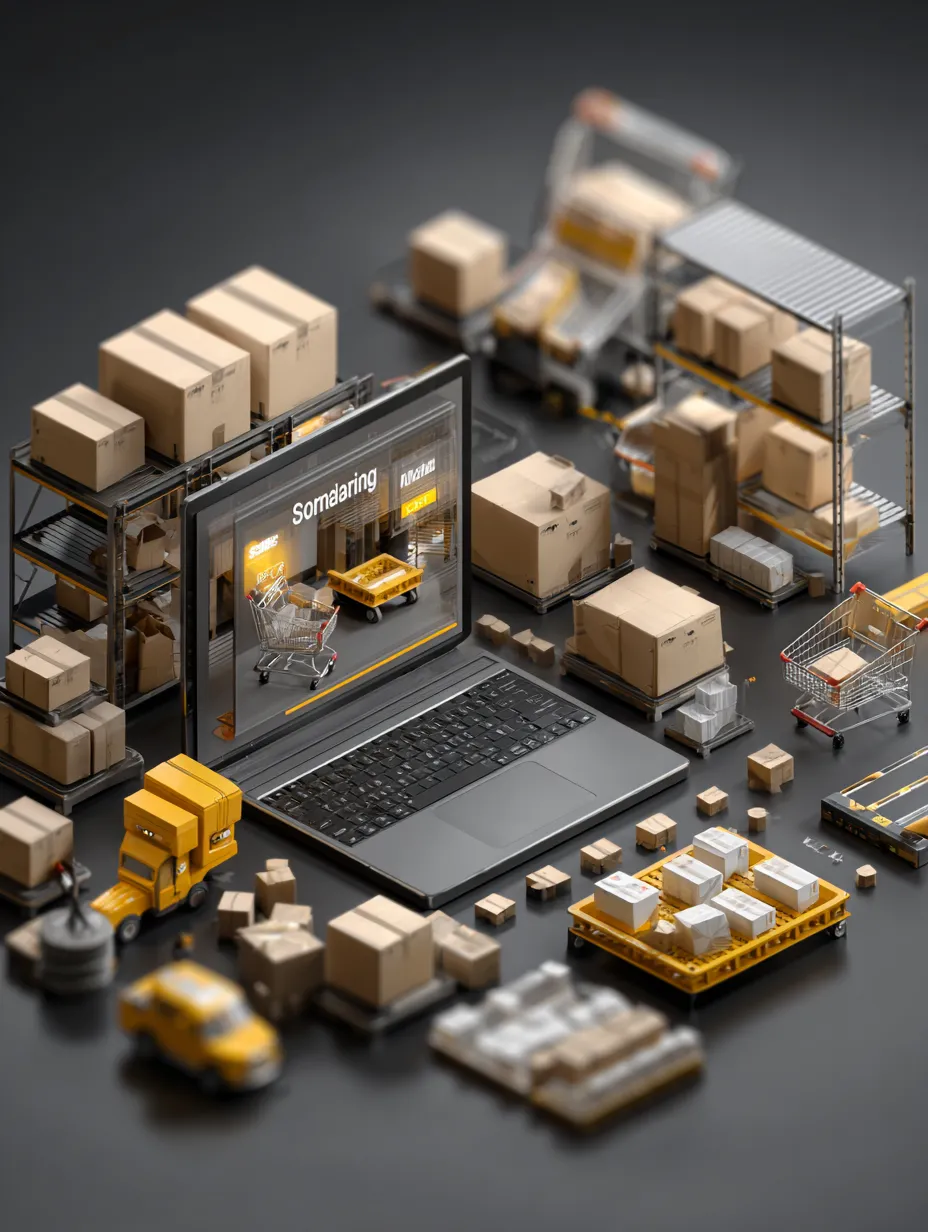Our Latest Articles

Online Business vs Physical Business
Online Business vs Physical Business: Pros, Cons, and What’s Right for You
In today’s digital economy, one of the first decisions new entrepreneurs face is choosing between an online business or a physical (brick-and-mortar) business. Each has its strengths—and understanding the differences is key to long-term success.
Main Differences: Cost & Profit Potential
Online businesses have lower startup costs—no rent, utilities, or storefront staff. With a laptop and an internet connection, you can start an e-commerce store, freelance service, or digital product business from home. Physical businesses require more upfront investment in leasing space, managing inventory, and hiring staff.
In terms of profitability, online businesses often yield higher margins due to reduced overhead. But brick-and-mortar stores can create stronger local brand recognition and customer loyalty.
Customer Reach & Scalability
Online businesses can reach global audiences instantly and scale faster using automation and digital marketing. Physical businesses serve local markets, which can limit growth but offer a more personal customer experience.
Want help figuring out what fits your personality, lifestyle, and goals?
Take this Entrepreneur DNA Quiz to find your perfect business model.
Operations: Staff, Tech, and Logistics
Online entrepreneurs deal with cybersecurity, payment processing, and website tech. Physical business owners face inventory tracking, foot traffic, and local compliance.
Returns are typically more seamless in-person, but online stores are expected to offer clear refund policies and fast communication.
Trust and Customer Experience
Trust in online business is built through reviews, ratings, and content. In-person stores benefit from face-to-face interactions, which foster loyalty and rapport.
Final Thoughts
If you want flexibility, scale, and automation—go digital. If you're energized by community and in-person relationships, a physical business could be your path. Many entrepreneurs today are choosing a hybrid model to blend both.

Transform your life with personalized coaching designed to help you achieve clarity, confidence, and purpose. Take the first step toward reaching your true potential and embracing a more fulfilling path. Your journey to growth and empowerment starts here. Begin today—your best self awaits.
CONTACT US
We’re available by phone 214-300-5382
Email: [email protected]
Opening Hours: Monday till Friday 9 AM to 6 PM CST
